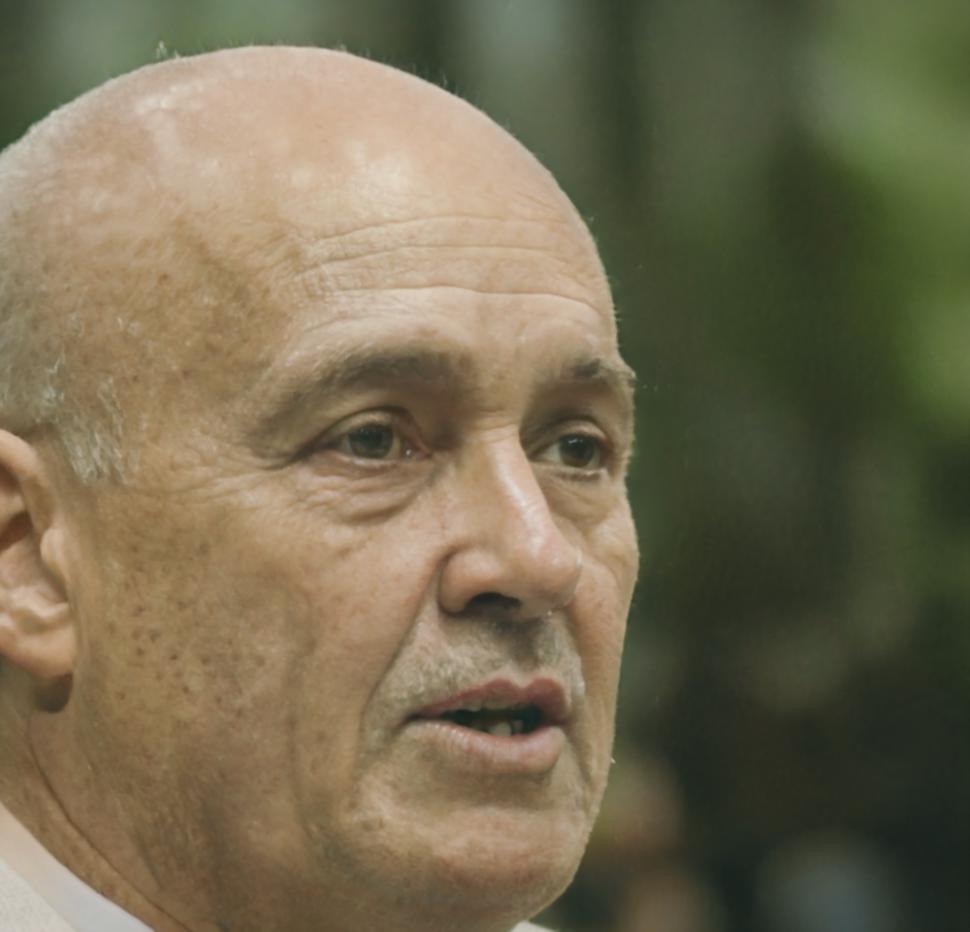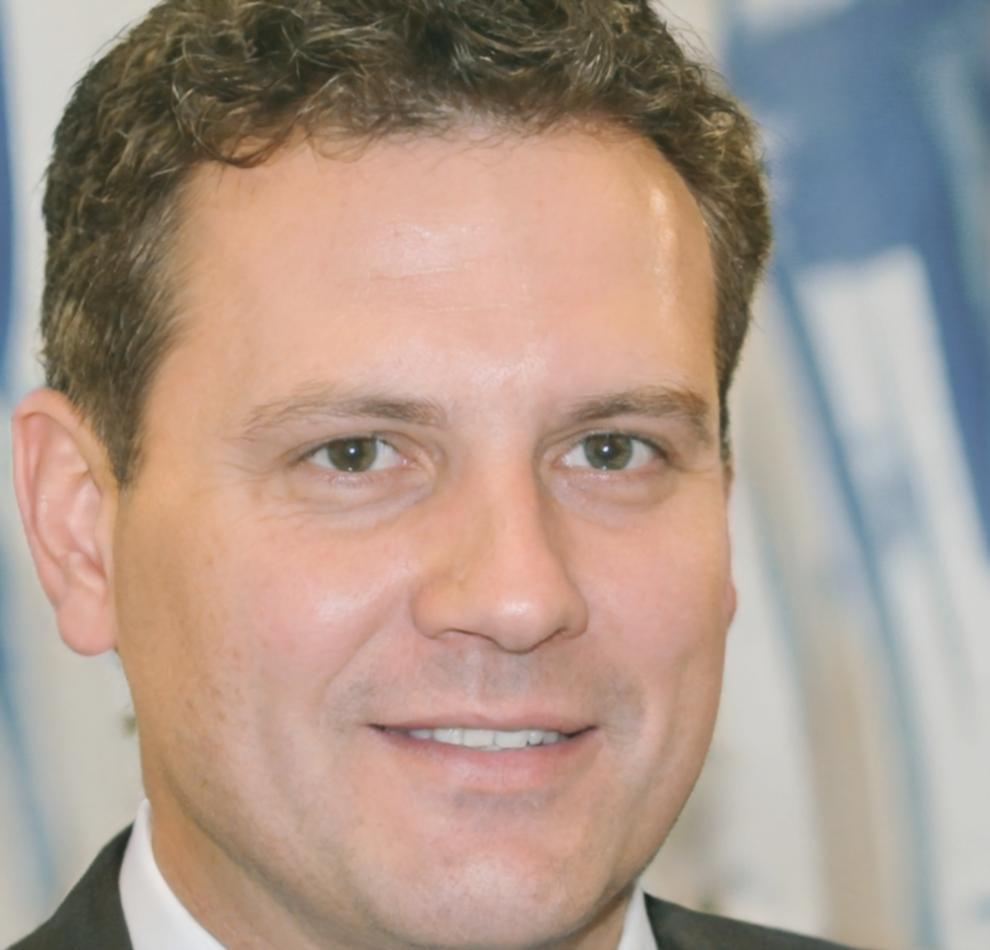Family Budget Mastery Programme
A practical quarterly learning experience designed for Australian families ready to take control of their finances
Money conversations can feel awkward. We get it. Most families never learned proper budgeting — not in school, not at home. But here's the thing: financial confidence isn't about being perfect with numbers. It's about having a clear system that actually works for your household. Our programme runs every quarter, starting October 2025, giving you three months of focused learning with real families just like yours.

What The Next Quarter Looks Like
Starting October 2025, you'll join a cohort of families learning alongside each other. The programme isn't about lectures or boring spreadsheets. We built it around real conversations that happen in actual households — the debates about takeaway versus groceries, the stress of unexpected car repairs, the dreams of family holidays.
Each week focuses on one specific area. Week one tackles income tracking (yes, even irregular income from side gigs). Week two digs into expenses most families overlook. By week eight, you're building emergency funds that actually make sense for your situation.
Typical Learning Week Structure
- Tuesday evening: Live group session via video call (7:30-9pm AEST)
- Wednesday-Friday: Practical exercises you work through as a household
- Weekend: Optional drop-in support sessions for questions
- Sunday: Submit your week's progress and reflections
We keep groups small — around 12-15 families per cohort. This isn't a massive online course where you're just another number. You'll recognise names. People share what's actually working (and what isn't). That peer element makes a difference when you're trying to change money habits.
How We Actually Teach This Stuff
Forget the theory-heavy approach. Our method emerged from working with hundreds of Newcastle families over the past six years. We noticed patterns in what helps people stick with budgeting long-term.
Current Reality Check
First three weeks focus on where money actually goes. Most families are shocked by dining out costs or subscription services they forgot existed. We use simple tracking methods — no complex apps required.
Building Your System
Weeks four through seven involve creating a budget structure that fits your family. Single income? Shift work? Variable freelance payments? We cover scenarios that standard budgeting advice ignores.
Making It Stick
Final five weeks focus on sustainability. How do you handle budget conflicts between partners? What happens when kids want expensive activities? We role-play difficult conversations and develop communication strategies.
Between sessions, you'll have access to our resource library — budget templates, calculator tools, and recorded Q&A sessions from previous cohorts. But honestly, the real value comes from the live interactions. That's where breakthrough moments happen.
What Past Participants Actually Say

Rhett Calloway
Completed February 2025 cohort with his partner
We'd tried budgeting apps before, but they never lasted more than a month. This programme was different because it acknowledged our chaos — three kids, irregular childcare costs, one salary plus casual work. The group sessions kept us accountable. Six months later, we've got an emergency fund we never thought possible. Still not perfect with tracking every dollar, but we're miles ahead of where we started.

Edison Thackery
Solo parent, joined November 2024 intake
Being a single dad with sole income meant every dollar mattered. I appreciated that the facilitators didn't sugarcoat things or promise miracles. They showed practical ways to trim expenses without feeling deprived. The peer support surprised me — other parents shared strategies I'd never considered. Now I've got a system that works even during school holiday chaos. My teenager even asks about budget before requesting expensive outings.

Lysander McPhee
Freelancer with variable income, August 2024 cohort
Variable income made traditional budgeting useless for me. This programme taught a different approach — baseline expenses, profit-first allocation, irregular income smoothing. Sounds complex, but they broke it down into steps I could actually follow. Nine months in, I'm managing cashflow better than when I had a salaried job. The quarterly check-ins help me adjust as projects change. Worth every hour I invested.
